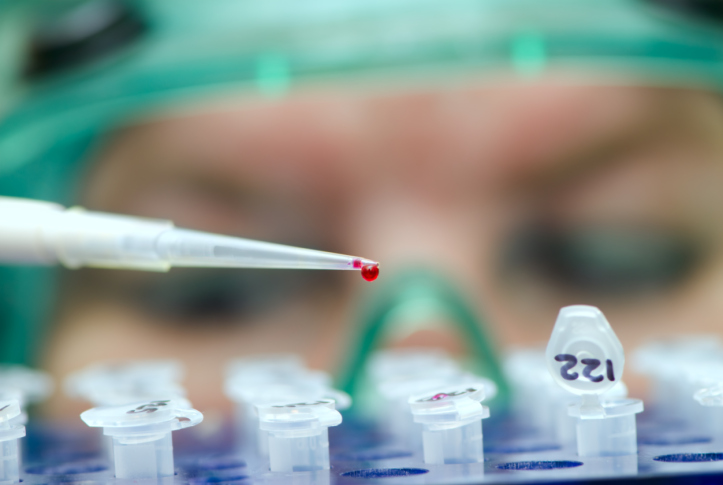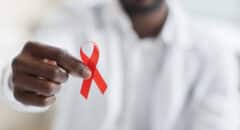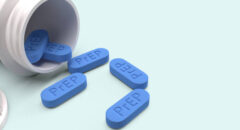
In the early weeks after becoming infected with HIV, it is not uncommon for women to be asymptomatic. Some may have mild flu-like symptoms, including fever, headache, and lack of energy. Often, these symptoms go away within a few weeks.
In some cases, it may take as many as ten years for more severe symptoms to appear. During this time, the virus can still be transmitted from one person to another.
Here are the 5 HIV symptoms in women that shouldn't be ignored:
1. Fever and Night Sweats
People infected with HIV may experience long periods of low-grade fever. According to Ohio State University Wexler Medical Center, a temperature between 99.8 and 100.8 degrees Fahrenheit is considered to be a low-grade fever. A fever means that something is wrong, but the cause isn’t always obvious. Because it’s a low-grade fever, those who are unaware of their HIV-positive status may ignore the symptom. Sometimes, fever is accompanied by nighttime sweats that can interfere with sleep.
2. Menstrual Cycle Changes
This is one of the major HIV symptoms in women that one should pay attention. Women with HIV tend to have problems related to reproductive health, including changes to their menstrual cycle or absence of periods. Bacterial and yeast infections may be more common in women who are HIV-positive.
There is an increased risk of sexually transmitted infections (STIs), including chlamydia, trichomoniasis, gonorrhea, and the human papillomavirus (HPV), which can lead to genital warts or even cervical cancer. HIV-positive women are also more prone to pelvic inflammatory diseases (PID) that may be resistant to treatment.
3. Swollen Glands
We all have lymph nodes throughout our bodies, including the neck, back of the head, armpits, and groin. As part of the immune system, our lymph nodes work to fend off infections. As the HIV infection begins to spread, the...
... immune system kicks into high gear. The result is enlarged lymph nodes, commonly known as swollen glands. It is often one of the first signs of HIV. In people infected with HIV, swollen glands may last for several months.
4. Rapid weight loss without dieting
Even though we as women want to lose weight, a rapid kind of weight could be a sign of HIV or some other infection. Instead of eating our favorite foods, but still no weight is gained, as well as decreased appetite and diarrhea are cause to get checked out.
5. Joint Pain
Along with muscle pain and fatigue, patients with HIV can be affected by joint pain. This pain is similar to what other patients with viral infections experience. This pain usually begins early in the infection period and disappears during the middle stages of the disease.
RELATED: What Those With HIV/AIDS Should Know About the COVID-19 Vaccine









